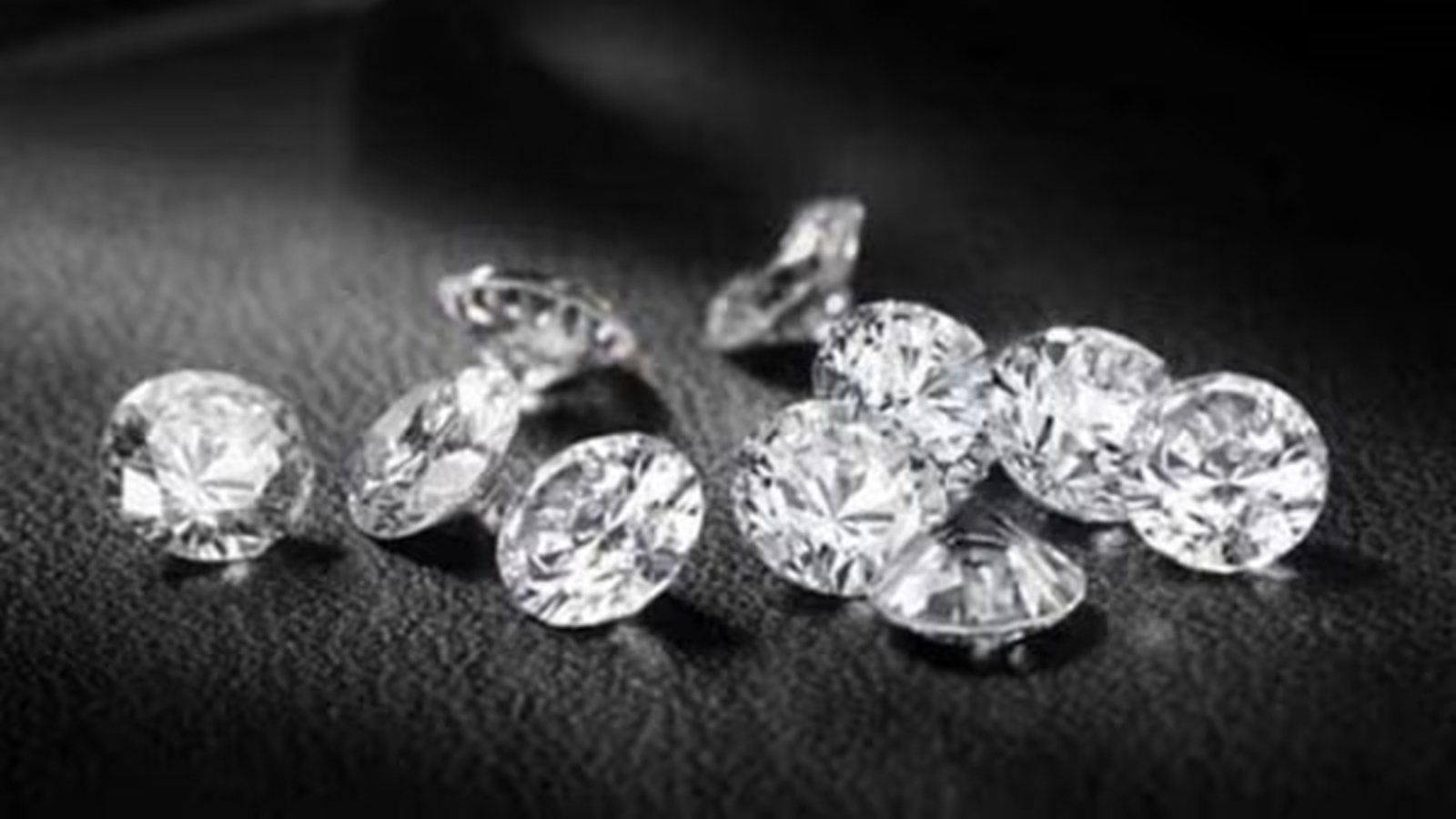[ad_1]
India should transition to becoming a “rule-maker” as far as diamond certification is concerned, Russian Ambassador to India Denis Alipov has urged the country. The remark comes as diamonds mined in Russia continue to face sanctions amid the Ukraine war.
Speaking at the country seminar at the tenth edition of the Vibrant Gujarat Global Summit (VGGS) on Thursday, Alipov highlighted that a talking point at business meetings with Indian firms has been “the current difficulties in the diamond industry because of the sanctions against Russia”.
The United States imposed sanctions on diamonds mined from the Russian government-owned Alrosa in April 2022 after the Ukraine war broke out. This also had a huge impact on the Surat diamond polishing industry as nearly 30 per cent of the rough diamonds polished in Surat are from the Alrosa mines. Recently, the G7 countries imposed a ban on all Russian diamonds from January 1 and are expected to mandate a traceability-based certification for rough diamonds within the G7 nations later this year.
“What I said was that the point of Viksit Bharat, which is the target India has set for itself… it is also about India transiting from ‘rules-consumer’ to the ‘rule-maker’. We spoke about the certification of diamonds, which is also part of the problem with sanctions and I floated the idea that it is high time that India becomes the rule-maker and why not become the leader in certification, why not consume the certification system that is in place and created by those who impose those sanctions. The way forward is very clear in my opinion… to create our own rules, to establish direct relations beneficial for India as a leader in cut diamonds, gems, and jewellery production and for the benefit of Russia as a major hub for the diamond exporters,” Alipov said.
Alipov outlined that the international north-south transport corridor (INSTC) is a vital priority area for Russia. Gujarat is “well positioned to play a greater role in the development of this North-South corridor infrastructure,” he stressed, “especially with the aggravation of the conflict in the Middle East,” with Mundra and 48 other smaller ports making up 40 per cent of India’s sea freight traffic.
“The much-publicised transport and logistics and telecommunication corridor between India and Europe doesn’t seem very much optimistic in the near future. The INSTC, on the other hand, has been operational and we are looking at its expansion. In my view, this is a very promising route to Europe, through Iran and Russia.
The special economic zone in GIFT City can provide breakthrough options for Russian fintech, insurance companies, and banks to enter the local market and promote cooperation in the sphere of finance, precious metals, and securities”. He stated how Russia was a “regular visitor” to GIFT City adding it had become India’s fourth largest trading partner with turnover exceeding USD 50 billion”
According to Alipov, Russia has been India’s leading partner in hydrocarbons, ensuring more than one-third of Indian crude oil imports. “Our mutual total investments have crossed 30 USD billion but much of the potential is untapped and we see many opportunities…(It is) a very opportune time for investments in Russia and for our cooperation in investment and trade,” Alipov remarked at the session. He also expressed hope of renewed trade agreements between India and Russia that would provide greater market access to both countries and also reduce the current trade imbalance as “Indian exports to Russia need to increase”.
Indicating the economic stress owing to sanctions since the war, Alipov said that while Russian markets have “generally been open”, it is especially “more open to those who are ready to come in, to invest and to trade”.
Alexander Rybas, Trade Representative of Russia in India, said, “In the recent years, the Russian economy constantly has to overcome new challenges. First, it was Covid, which led to logistic disruptions. Last two years, the global economy faced a more serious test. Geopolitical situations provoked systemic problems in the global markets…At the same time, the accumulated margin of safety of our economy and prompt measures undertaken by our government provided for a quick adjustment to new realities…Slowly but steadily, the negative impact of third countries’ actions is being neutralised.” Highlighting that Russian imports are dominated by engineering products, electronics, cars, and tractors, by referring to trade data from 2021, when Russia had not invaded Ukraine and was not facing sanctions, Rybas suggested that India can “definitely capitalise on this momentum in the backdrop of Western companies withdrawing from our markets.
Urging Indian businesses to be “more aggressive” as opportunities open in the Russian market, he added that it would be “in the interest of both our
countries.”
[ad_2]
Source link







